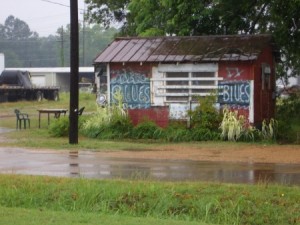Why I Couldn’t Write Perfect Killer Before My Mother Died
Perfect Killer is a substantial departure for me and a book that had to wait for my mother to die before I could write it.
My mother, Anabel Bradford Perdue Ellis was one of the last of the “Steel Magnolias,” born on one of her her father’s two cotton plantations in the Mississippi Delta (Saints’ Rest near Indianola and Mossy Island, near Morgan City).
Mama was an anachronistic believer in the white planter culture that reigned for so many years. I, on the other hand, got kicked out of Ole Miss for leading a march in 1967.
I needed to wait for her to die because Perfect Killer has a lot of profoundly unkind observations about this culture.
As much as I disagreed with her views about the culture and her father (“The Judge” in Perfect Killer) I loved her too much to break her heart by writing this book while she was alive. She, the Judge, and the history and culture in which they lived are described in as accurate and contextual way I could muster. There is no fiction there.
Just like the hero’s mother in Perfect Killer, Mama was buried in the Itta Bena cemetery on just the sort of winter day described. The hero, Bradford Stone, remembers many things that I went through. Although I have taken some liberties with my personal history, I have been as accurate as possible with my mother and her father, Judge John Wester Bradford.
This straight-forward confrontation of this past has upset many of my living relatives.
Time, distance, politics, attitudes, all play a role in this, I suppose.
Perfect Killer is the first novel I have ever written in the first person. I did this because it was the only way I could bring out the intensity of emotions the book requires.
I found many ironies when I went back to Itta Bena and the Delta to do research for Perfect Killer and refresh memories. The biggest of all: The Judge’s house is now owned by an African-American man.


